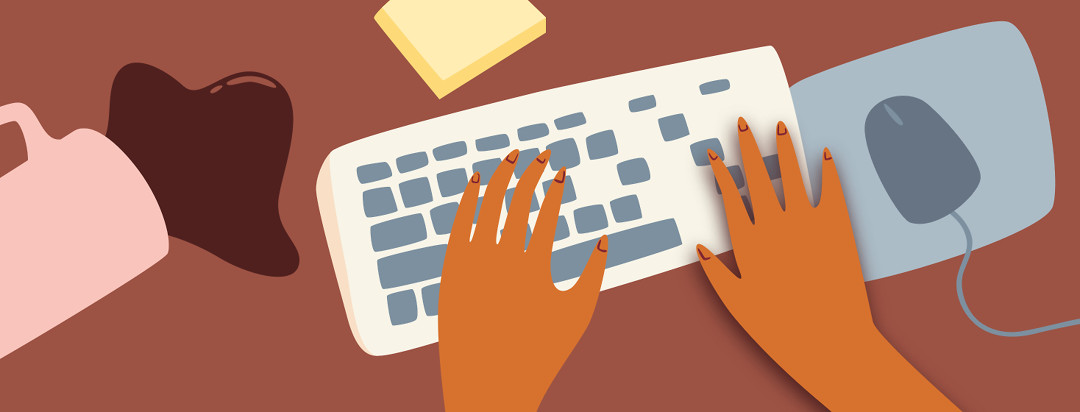Returning From an Exacerbation
The most common variant of the neurological disease known as multiple sclerosis is referred to as relapsing-remitting. This course of the disease involves the patient experiencing repeated exacerbations (also known as relapses, attacks, or flare ups) throughout their life. These exacerbations are characterized by new or worsening symptoms and last at least 24 hours (though they can last much longer, even several months). I’ve covered what happens during one of these events (you can check that out here), but today I want to discuss something else related to this all too common problem: returning to life afterwards. Once recovered from an exacerbation, it isn’t always easy for things to return to normal.
Returning to work after a relapse
I was diagnosed when I was in my early twenties, and so I’ve dealt with MS exacerbations in both the beginning and prime of my career. No matter how accommodating a company is, returning to work is difficult. For most people, an exacerbation means taking a significant amount of time off from work. That usually means eating up vacation and sick time or being placed on some form of temporary disability or leave. Being away from work for so long can have a number of negative effects you may have to deal with.
The lingering impact of being out sick
For one, you may be a bit rusty at your job. You likely won’t be completely recovered either and will need to learn new ways to accomplish things. I once returned from an exacerbation with my right arm and hand still mostly numb, as a software engineer, so I had to work hard to adapt to using a keyboard in that condition. In addition to your actual work, you have coworkers to deal with. Many may be welcoming, but you may still run into people harboring some resentment (after all, you’ve been out of work and they’ve had to pick up the slack). You may also have some feelings of guilt to deal with as you catch up on all the work they’ve had to do during your absence. Bottom line: returning to work after an exacerbation isn’t as easy as it may sound.
Physical changes from an exacerbation may never go away
As I mentioned above, you may still have some residual effects from the exacerbation. Some may be noticeable - I came back to work once and my face was still pretty numb, making talking very odd. Another time, I came back to work, but had to use a cane for the first time, which, in my late twenties, elicited many stares and questions). Other symptoms, like fatigue, may not be noticeable to others, but may be especially pronounced after an exacerbation. A lot of the time, these issues clear up and your body adapts to whatever damage has been done. That’s not always the case though; you may have lingering effects from an exacerbation for the rest of your life and that will mean you have to work hard to adapt.
Moving forward and recovering from a relapse
Returning to life after an exacerbation isn’t easy, and whether you have workplace considerations to deal with or not, chances are you will need to adapt to a new normal. This period of adjustment crosses mental, physical, and social boundaries. It requires hard work to reinsert yourself back into the life you had before the relapse. This is one of many reasons why we do all we can to limit the duration of an exacerbation (making steroids the lesser of two evils). Returning from an exacerbation can be difficult and awkward and put you into positions that few other people can truly understand. You can get through it though. Remember, if you can survive the exacerbation, you can survive getting on with your life.
Thanks so much for reading and always feel free to share!
Devin
My Other Articles On MultipleSclerosis.net - Follow Me On Facebook

Join the conversation